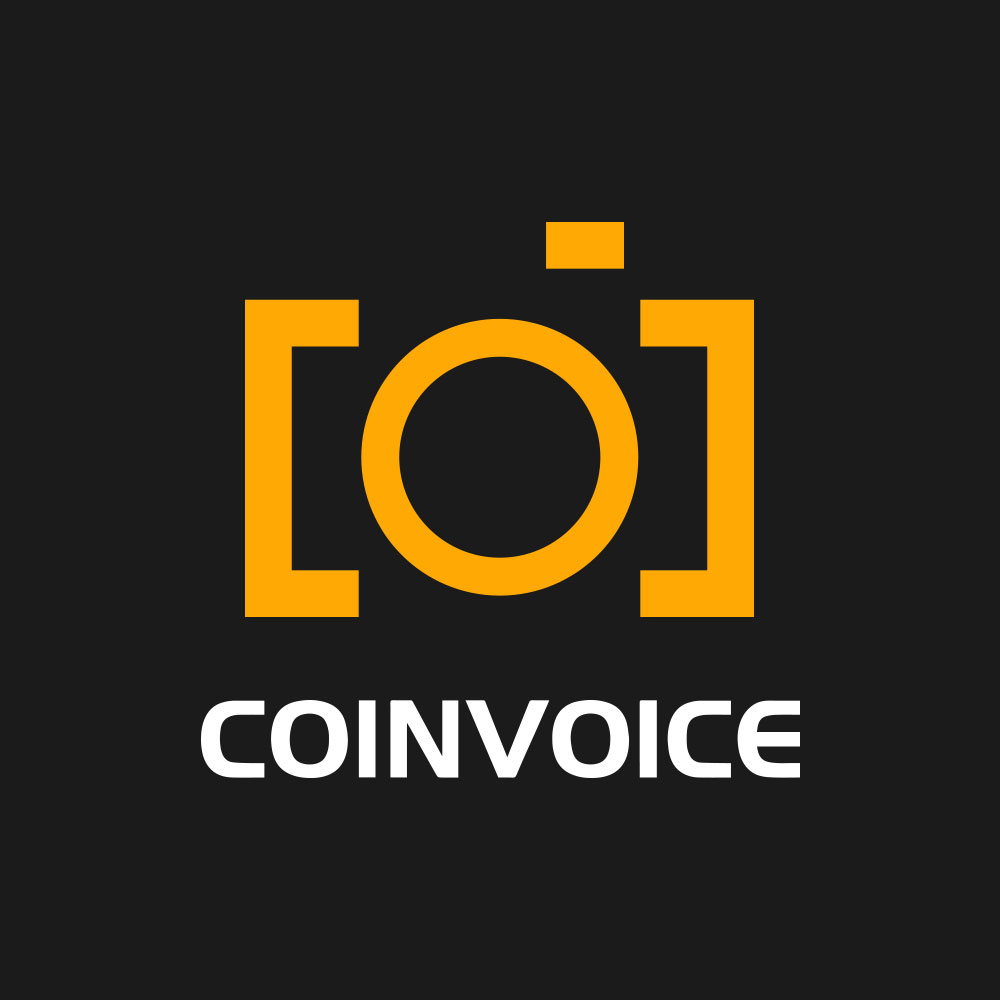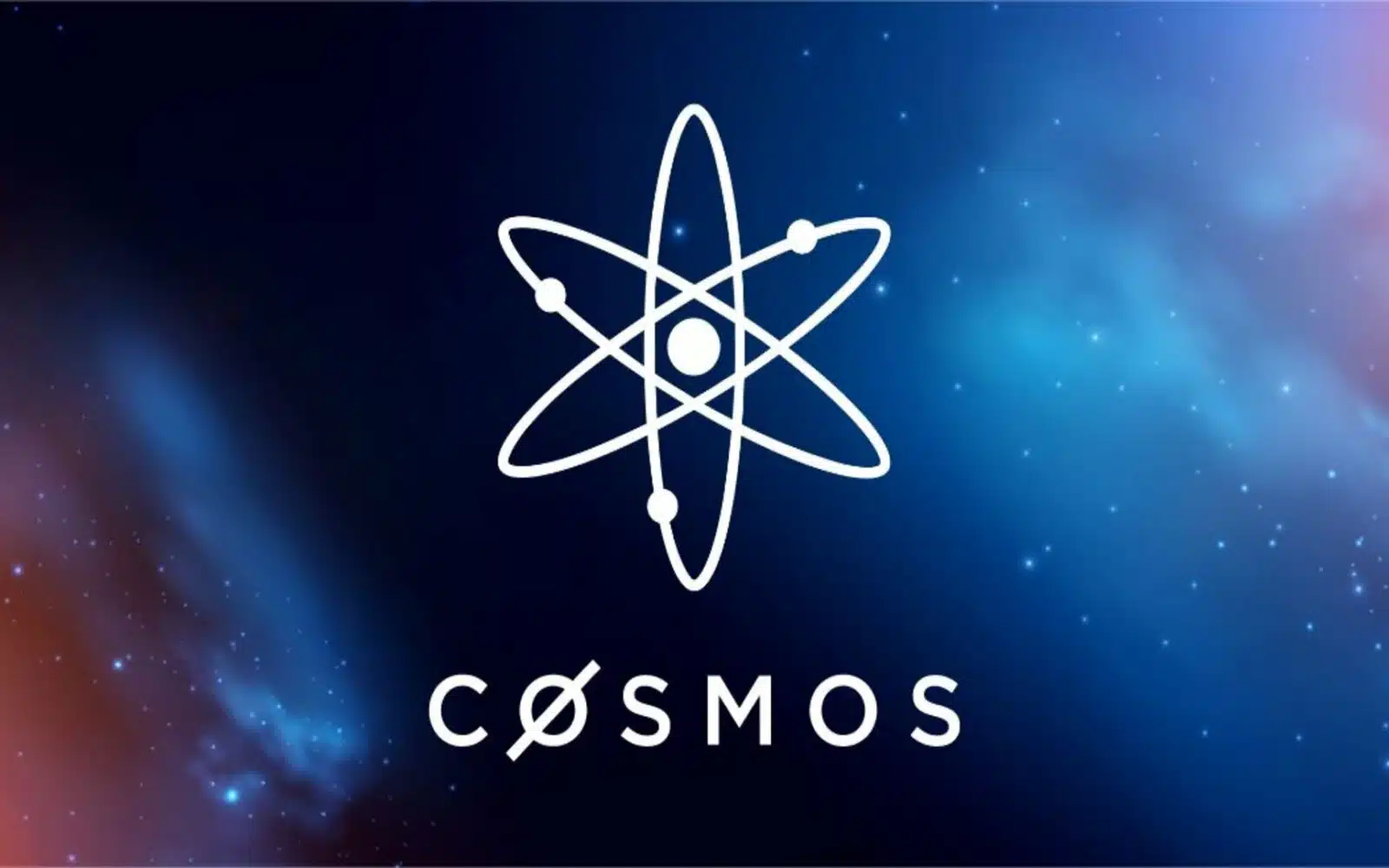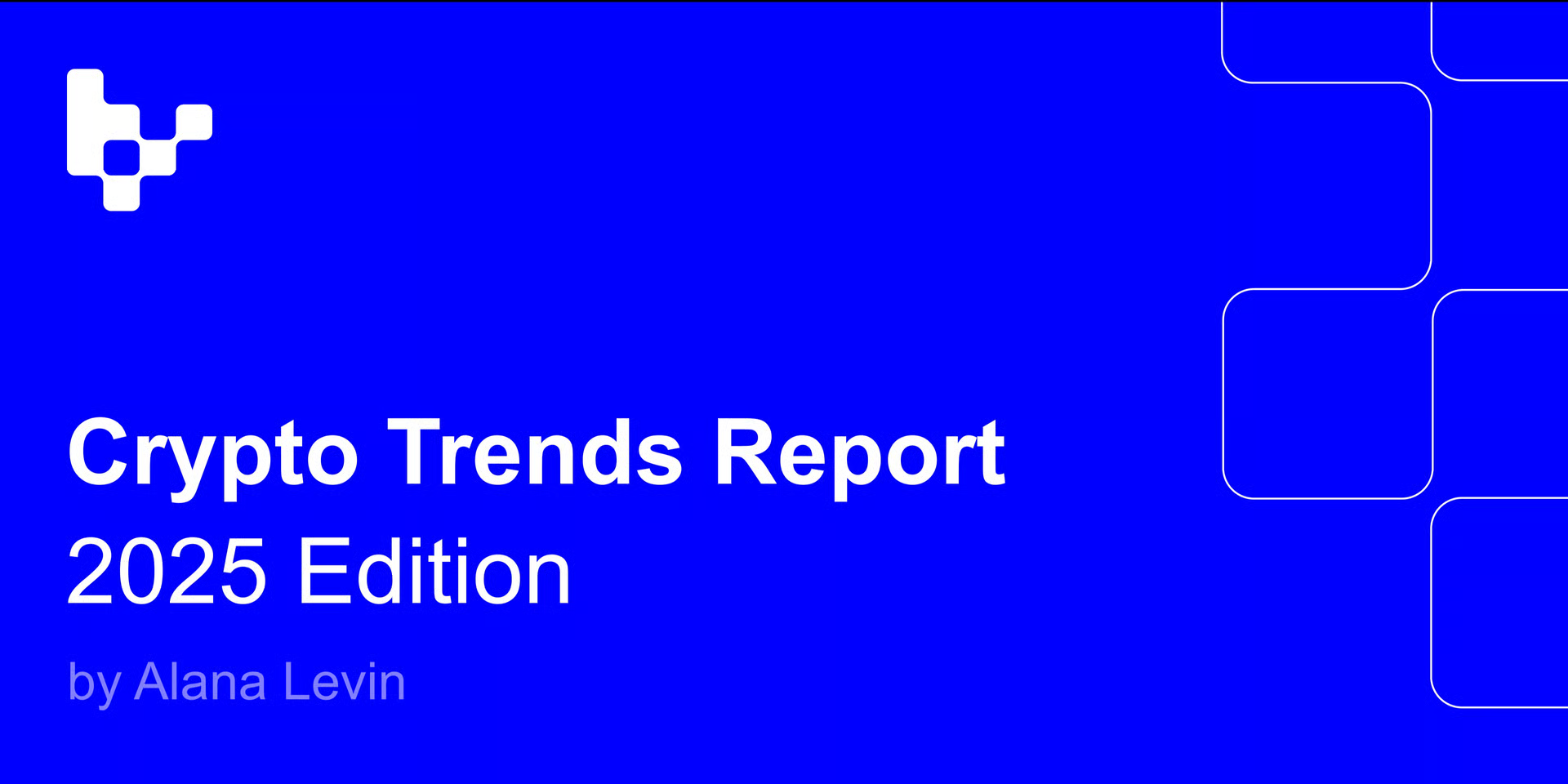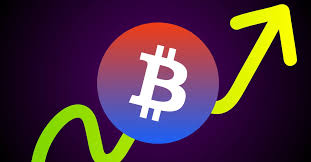Introduction
Asset tokenization — the process of converting real-world assets into digital tokens on a blockchain — is revolutionizing financial markets. By 2025, this technology is set to reshape industries, providing enhanced liquidity, security, and efficiency. The market for asset tokenization is growing at a remarkable pace, with projections estimating it will exceed $5.6 billion by 2026, growing at an annual rate of nearly 19.1%.
This rapid expansion reflects the increasing demand for blockchain-based financial solutions across various sectors. From real estate and commodities to investment funds and fine art, tokenization is unlocking new opportunities by making traditionally illiquid assets more accessible. As businesses and investors recognize the potential of this innovation, asset tokenization is set to become a key pillar of the digital economy in the coming years.
Market Projections for Asset Tokenization in 2025
The global tokenization market is poised for exponential growth. By 2025, estimates suggest that the market will expand from $3.38 billion to over $4.13 billion, marking an annual growth rate of 22.1%. Some experts even predict that the overall tokenization market could reach between $2 trillion and $30 trillion within the next five years, depending on regulatory developments and adoption rates.
Why such rapid growth? The answer lies in financial innovation and digital transformation. Asset tokenization allows fractional ownership, making high-value assets accessible to a broader range of investors. Additionally, blockchain technology enhances security, reduces fraud, and streamlines transactions. As traditional financial institutions adopt tokenization strategies, the demand for blockchain solution consultancy is expected to soar.
Emerging Trends in Asset Tokenization
Diversification Across Asset Classes
Tokenization is no longer limited to niche markets like fine art or luxury collectibles. In 2025, a broader range of assets is being tokenized, including:
✔ Investment Funds — Large-scale asset managers are exploring tokenization to create more efficient, transparent investment products.
✔ Real Estate — Residential and commercial properties are being fractionalized, enabling smaller investors to own stakes in prime real estate.
✔ Commodities — Tokenized gold, oil, and other commodities provide new avenues for trading and investment.
✔ Intellectual Property & Royalties — Musicians, authors, and content creators are using tokenization to monetize their work directly.
With this diversification, blockchain-powered asset tokenization is unlocking opportunities across industries, democratizing investment, and enhancing asset liquidity.
Integration with Decentralized Finance (DeFi)
The rise of Decentralized Finance (DeFi) is another major trend shaping the asset tokenization market. By integrating tokenized assets with DeFi platforms, investors can:
✔ Trade tokenized assets on decentralized exchanges
✔ Use tokenized assets as collateral for loans
✔ Participate in yield farming and staking programs
This fusion of tokenization and DeFi is creating new opportunities for investors, eliminating intermediaries, and increasing overall market efficiency. As DeFi continues to evolve, asset tokenization will play a crucial role in reshaping global finance.
Regulatory Developments and Compliance
One of the most critical factors influencing the tokenization market in 2025 is regulation. Governments and financial regulators worldwide are establishing new frameworks to ensure the secure and compliant issuance of digital assets.
Key regulatory trends include:
✔ Pro-Growth Policies — Governments are supporting financial institutions in adopting tokenization to foster innovation.
✔ Stablecoin Regulation — The growing importance of stablecoins in tokenized transactions is driving new policies to ensure security and transparency.
✔ Cross-Border Compliance — International efforts are being made to standardize tokenized asset regulations, making global adoption smoother.
As regulations become clearer, institutional investors are more likely to enter the market, accelerating the growth of asset tokenization solutions.
Technological Advancements Driving Scalability
While tokenization has already made significant progress, technological advancements in blockchain continue to improve scalability and efficiency. By 2025, innovations such as:
✔ Layer 2 Solutions — Reducing congestion and transaction costs on major blockchains.
✔ Interoperability Protocols — Enabling different blockchain networks to communicate seamlessly.
✔ Smart Contract Upgrades — Enhancing security and automation in tokenized transactions.
These advancements ensure that asset tokenization becomes more practical, cost-effective, and widely adopted across industries.
Challenges and Considerations
Despite its promising future, asset tokenization faces several challenges that need to be addressed:
✔ Regulatory Uncertainty — Different countries have varying rules on tokenized assets, creating complexity for global adoption.
✔ Market Education — Investors and businesses need to fully understand the benefits and risks of tokenized assets.
✔ Security Concerns — Ensuring blockchain platforms remain secure from fraud and cyberattacks is critical for long-term trust.
By addressing these challenges, businesses can fully leverage the power of blockchain-based asset tokenization to drive financial innovation.
Conclusion
As we enter 2025, asset tokenization is set to revolutionize financial markets by increasing liquidity, enhancing security, and democratizing investment opportunities. The market is growing at an impressive pace, and businesses that embrace blockchain technology early will gain a competitive edge.
With investment funds, real estate, commodities, and DeFi integrations driving expansion, tokenization is quickly becoming a mainstream financial strategy. However, regulatory clarity and continued technological advancements will be crucial for widespread adoption.
For businesses looking to capitalize on asset tokenization, partnering with an experienced blockchain solution consultancy can provide the expertise needed to navigate this evolving landscape. The future of digital assets is here — are you ready to embrace it?















